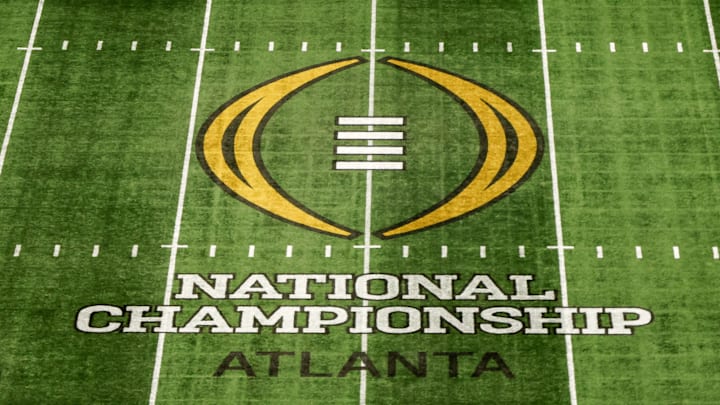College Football Playoff leaders are back in Dallas, where they will meet to discuss potential changes to the format of the 12-team field in 2025, as well as look ahead to 2026 and beyond.
At the top of the agenda is a possible shift tostraight seeding—a format that would award first-round byes to the four highest-ranked teams in the CFP rankings, regardless of conference championships. That’s a departure from the model currently in place, which guarantees those byes to the four highest-ranked conference champions.
ESPN's Heather Dinich has reported that there is "strong support" for that to happen.
CFP leaders are meeting in Dallas today, where multiple sources indicated there's strong support to move to a straight seeding model this fall while continuing to include the five highest ranked conference champions," Dinich reported. "There are some, though, who want to tie that discussion into 2026, as the commissioners are expected to have more substantive talks about the format in 2026 and beyond."
It's a subtle change, but one that could carry massive consequences. Under last season’s bracket, Boise State (Mountain West champion) and Arizona State (Big 12 champion) would have secured byes. Under a straight seeding format? They would’ve been on the road for round one.
It would make sense that the "strong support" is coming from the SEC and Big Ten and that the other Power-4 commissioners — the Big 12 and ACC — as well as Group of 6 commissioners are the ones pushing for those talks to be tied into the format beginning in 2026.
It's been reported that the SEC and Big Ten are considering 14-team and 16-team models that would give themselves four automatic qualifying bids, while the ACC and Big 12 would get two, and the Group of 6 would get one, beginning in 2026. The two conferences reportedly hold the power to do essentially whatever they want, but it will be interesting to see how they wield that power in a room that represents nearly 90 other schools.
For the "straight seeding" model to go into effect, there would have to be a unanimous vote from all the commissioners and Notre Dame.
